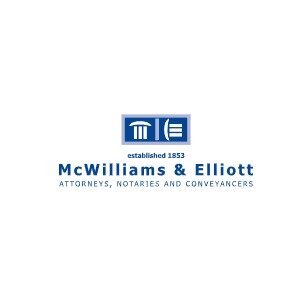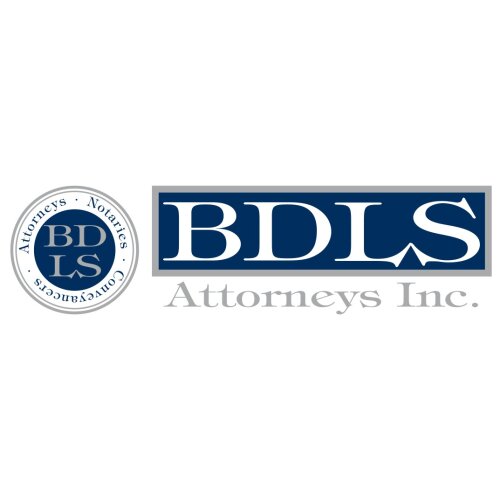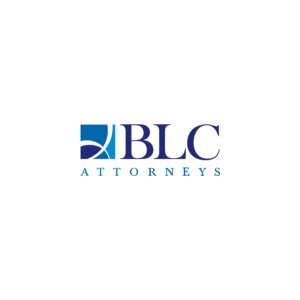Best Child Abuse Lawyers in Port Elizabeth
Share your needs with us, get contacted by law firms.
Free. Takes 2 min.
Free Guide to Hiring a Family Lawyer
List of the best lawyers in Port Elizabeth, South Africa
About Child Abuse Law in Port Elizabeth, South Africa
Child abuse is a serious and pervasive issue in Port Elizabeth, South Africa. The law in South Africa is stringent about the prevention of child abuse, harassment, and ill-treatment. The Children's Act (2005) is the primary legal instrument helping to protect children from maltreatment, neglect, abuse or degradation. Despite these laws, child abuse remains a significant challenge that requires consistent attention, legal intervention, and societal commitment.
Why You May Need a Lawyer
Having a lawyer can be crucial if you are dealing with situations of child abuse. A lawyer can help interpret the complex South African laws and proceedings. If your child has been the victim of abuse, a lawyer could assist in gathering evidence, filing appropriate charges, ensuring restraining orders are in place, and helping you navigate the legal process. If you've been falsely accused of child abuse, a lawyer can help defend your rights, clear your name and ensure fair treatment under the law. A professional legal perspective is invaluable in these distressing situations.
Local Laws Overview
The Children’s Act of 2005, is the significant law customer governing child abuse. This statute offers comprehensive protection for children. It clarifies the fundamental principles relating to the care and protection of children, defines parental responsibilities and rights, and makes provision for matters such as children's courts, adoption, and childcare facilities. Importantly, the Act states that anyone who suspects child abuse or neglect must report it to the authorities. Failure to do so is an offense under South African law.
Frequently Asked Questions
What constitutes child abuse under South African law?
Child abuse encompasses physical, emotional, and sexual abuse, deliberate neglect of a child or any other form of mistreatment that leads to the harm or potential harm to a child's health, wellbeing, development or dignity.
Who can report child abuse?
According to the Children's Act of 2005, anyone who suspects or witnesses child abuse or neglect should report it immediately to a designated child protection organization, the provincial Department of Social Development, or the police.
What happens after a child abuse report?
The Act stipulates a thorough investigation of the report, carried out by a designated child protection organization or the Department of Social Development. The child's best interests are always paramount in such investigations.
What are the legal consequences for child abuse?
If found guilty, abusers can face heavy fines or imprisonment. The duration of the sentence depends on the severity of the abuse, previous convictions, and whether the abuser was in a position of trust over the child.
Can a child right's be defended in court?
Yes, a child's rights can and should be defended in court. It is the court's role and responsibility to advocate for the rights of the child, and make decisions that serve the child's best interests.
Additional Resources
The Department of Social Development and local child protection organizations usually offer resources and support for dealing with child abuse. Look out for organizations that offer therapeutic services, counselling, and legal advice for victims and families affected by child abuse. You may also find literature on child abuse prevention to be a helpful resource.
Next Steps
If you believe that a child is being abused, report it immediately to the appropriate authorities or a child protection organization. If you require legal assistance, seek out a lawyer, preferably one with experience in child abuse cases. You have a pivotal role in ensuring the safety of children at risk, and acting promptly is essential.
Lawzana helps you find the best lawyers and law firms in Port Elizabeth through a curated and pre-screened list of qualified legal professionals. Our platform offers rankings and detailed profiles of attorneys and law firms, allowing you to compare based on practice areas, including Child Abuse, experience, and client feedback.
Each profile includes a description of the firm's areas of practice, client reviews, team members and partners, year of establishment, spoken languages, office locations, contact information, social media presence, and any published articles or resources. Most firms on our platform speak English and are experienced in both local and international legal matters.
Get a quote from top-rated law firms in Port Elizabeth, South Africa — quickly, securely, and without unnecessary hassle.
Disclaimer:
The information provided on this page is for general informational purposes only and does not constitute legal advice. While we strive to ensure the accuracy and relevance of the content, legal information may change over time, and interpretations of the law can vary. You should always consult with a qualified legal professional for advice specific to your situation.
We disclaim all liability for actions taken or not taken based on the content of this page. If you believe any information is incorrect or outdated, please contact us, and we will review and update it where appropriate.











